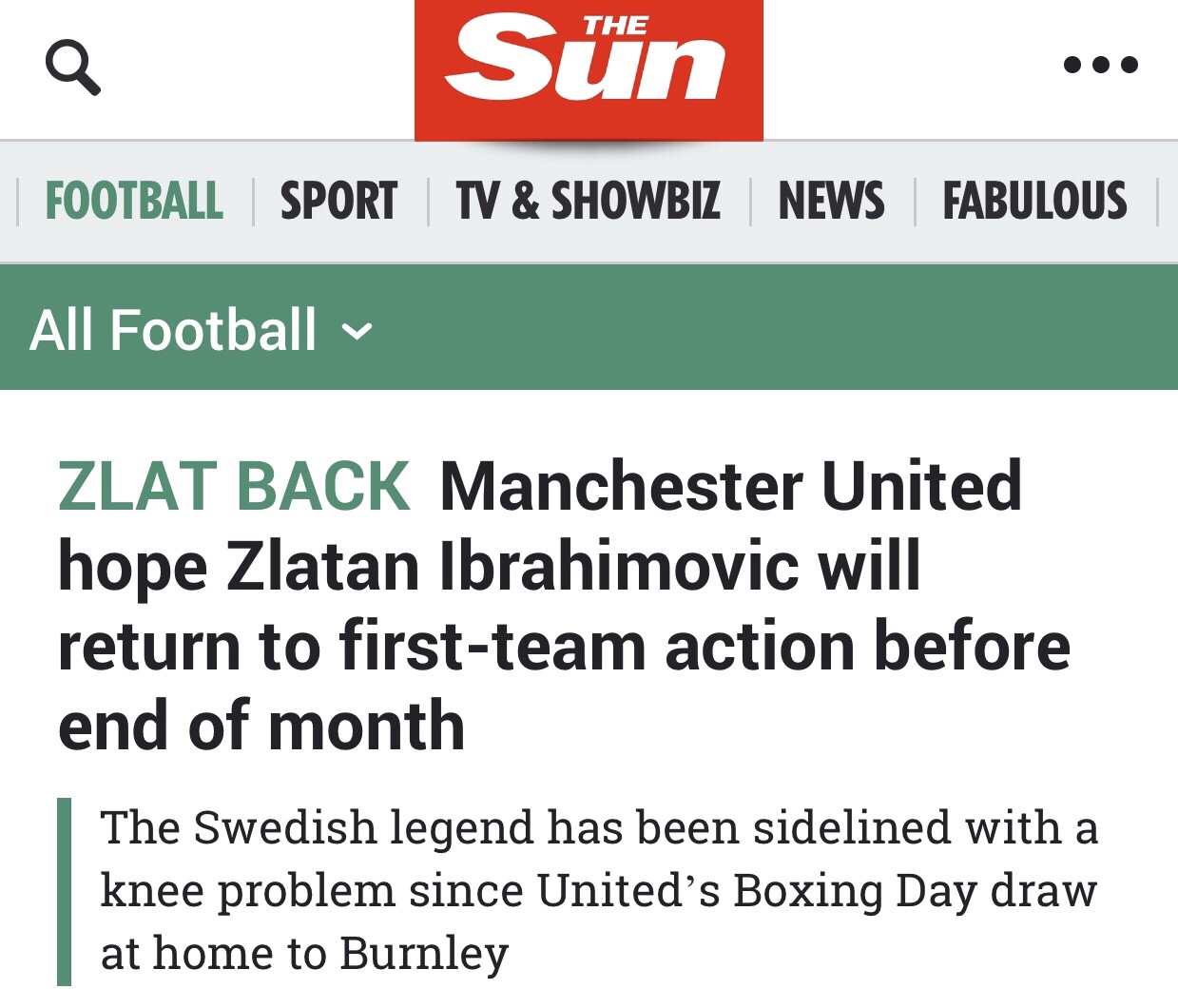Hugh Bennett is Deputy Editor at BrexitCentral and he wrote yesterday the following article, quoting my report from European Parliament on Brexit.

This is the opening of the article:
It has been a mystifying spectacle to witness the fresh wave of doom-mongering over the future of the Irish border and the Good Friday Agreement in the wake of Downing Street’s fresh confirmation on Sunday night that the UK would not be remaining either in ‘the’ or ‘a’ customs union with the EU after Brexit. Given that this has been stated Government policy for the past year, with minister after minister (and indeed the Prime Minister) having spent the last twelve months speaking about life after Britain leaves the customs union, it is curious indeed that now is the moment that a range of commentators and politicians have chosen to launch a fresh assault on the idea of leaving the customs union on the grounds that it will emperil the peace process in Northern Ireland.
The fundamental point to take away from the report is not that it is a finished solution, but that solutions are indeed possible and this is the right area to be looking for them in.
Now that the customs union bandwagon – set in motion by the CBI three weeks ago before receiving a huge burst of extra momentum from the leaked Treasury forecasts last week – has ended its rambunctious charge towards Downing Street in a ditch a few hundred yards down Whitehall, for the time being at least, it would be a good time for supercilious grandstanding to cease and serious thought on solutions to the border issue to take its place.

Also Twittered by John Rentoul and others
Read the entire article here: It’s time to stop doom-mongering over the Irish border – the solutions are already out there
Manchester United hope Zlatan Ibrahimovic will return to first-team action before end of month.
The Swedish legend has been sidelined with a knee problem since United’s Boxing Day draw at home to Burnley.

The red devils decided not to rush him back to let him work on his core fitness in the gym.
The 36-year-old has stepped up his progress in the last few days, and is running with no issues.
He is now expected to start ball work at Uniteds Carrington training complex towards the end of this week.

An Old Trafford source said: “Zlatan is making good progress and he could be back by the end of February.
Downing Street has ruled out involvement in a customs union with the European Union amid confusion over government policy as Theresa May prepares for a crucial week of talks.

After the exposure of divisions between ministers over the UK’s future relationship with the EU, an official source said: “It is not our policy to be in the customs union. It is not our policy to be in a customs union.” The statement went further than May who, on Friday, refused to rule out involvement in a customs union when questioned during her visit to China.
The development will anger remainers who have clung to hope that Britain will strike a deal with the EU that allows a close relationship with the EU after Brexit. But it will soothe the fears of Conservative Brexiters who have been threatening a leadership challenge if May moves towards an agreement with the EU that restricts the trade deals the UK can seek with third parties.
Read the entire article here: No 10 rules out customs union with EU amid confusion over government policy
Source: The Guardian






You must be logged in to post a comment.